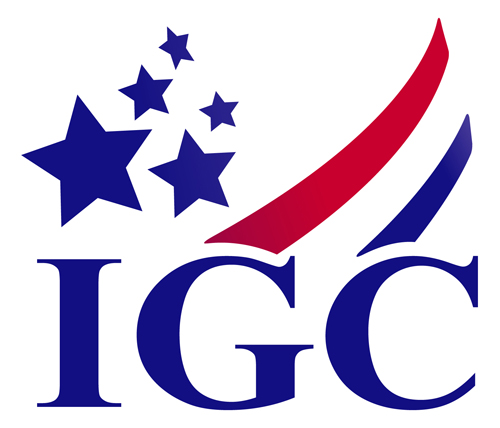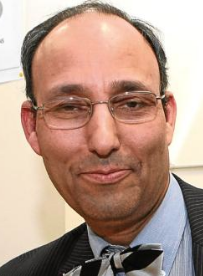
On Wednesday, we reported that a month after media reports of undisclosed conflicts of interest by top brass at Memorial Sloan Kettering Cancer Center, a researcher there had corrected two papers to include financial conflicts of interest.
Today, The New York Times and ProPublica — which had broken the original story about former chief medical officer Jose Baselga — reported on at least 13 corrections made by Sloan Kettering scientists so far, including the two by Michelle Bradbury that we reported on Wednesday. And we have learned of another correction by Bradbury, bringing the total to at least 14 — and counting.
In addition to the two October 8 corrections in Chemistry of Materials, a correction appeared yesterday in Applied Materials & Interfaces for a paper in which Bradbury was one of three corresponding authors. The correction to “Melanocortin-1 Receptor-Targeting Ultrasmall Silica Nanoparticles for Dual-Modality Human Melanoma Imaging” reads: Continue reading More than a dozen papers by Sloan Kettering researchers have now been updated with financial disclosures
 Dear Retraction Watch readers:
Dear Retraction Watch readers:

 Before we present this week’s Weekend Reads, a question: Do you enjoy our weekly roundup? If so, we could really use your help. Would you consider a
Before we present this week’s Weekend Reads, a question: Do you enjoy our weekly roundup? If so, we could really use your help. Would you consider a 


